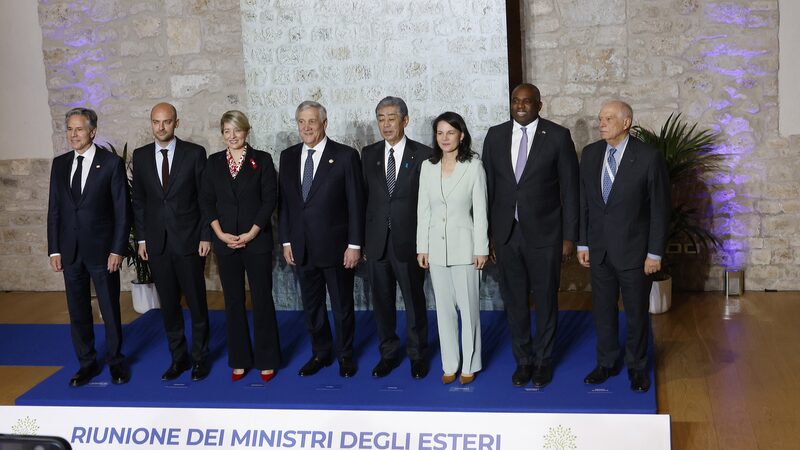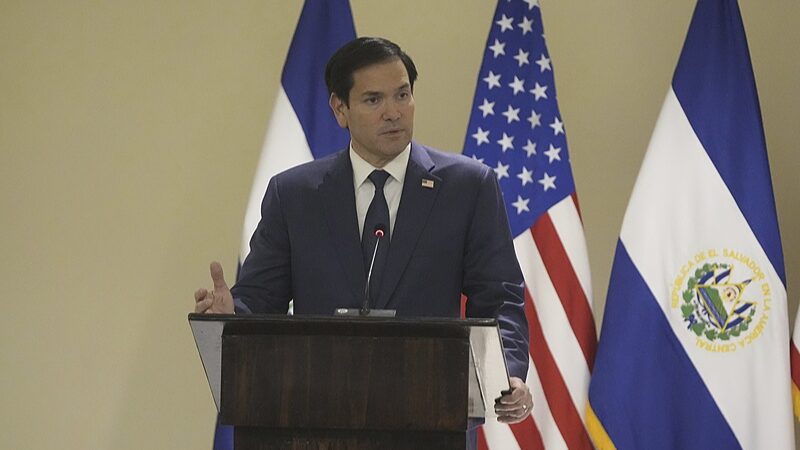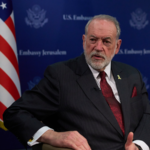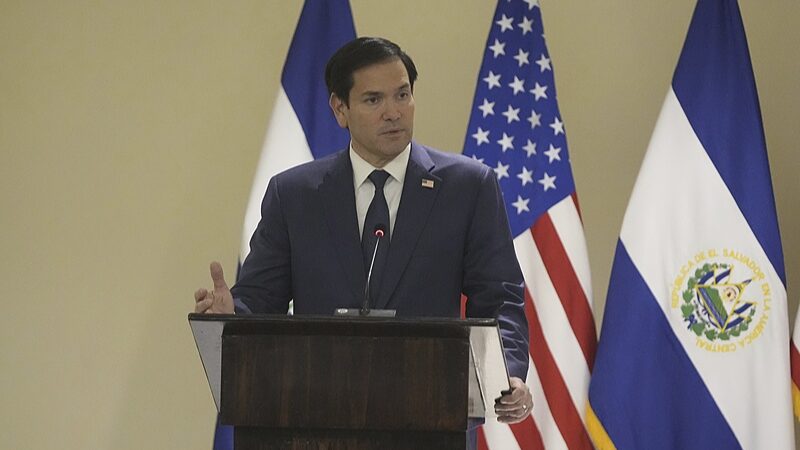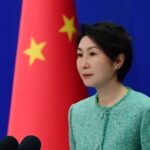China has called on the G7 nations to shift focus from geopolitical finger-pointing to fostering international cooperation, emphasizing sovereignty and mutual respect in a fiery response to recent G7 statements. 🔥 The remarks came after the group's foreign ministers made comments on Taiwan, maritime disputes, and trade—topics Beijing labeled as mischaracterizations that ‘interfere’ in its affairs.
‘Stop Sowing Discord’: Taiwan and South China Sea in Focus 🚨
Foreign Ministry spokesperson Mao Ning slammed the G7 for ‘irresponsible remarks’ on Taiwan, calling it the ‘core of China’s core interests.’ 🌏 She reiterated that regional stability in the South China Sea remains intact, countering claims of disruptive military activities. ‘The G7 should focus on promoting unity, not division,’ Mao asserted.
Ukraine, Nuclear Policy, and Trade: Beijing Hits Back 🤝
Mao defended China’s role in the Ukraine crisis, clarifying that Beijing has never supplied lethal weapons to conflict parties and strictly controls dual-use exports. 🛑 On nuclear policy, she stressed China’s commitment to minimal deterrence, calling out the G7’s ‘double standards’ for ignoring nuclear risks tied to partnerships like AUKUS.
‘Overcapacity’ Narrative Debunked 🚫
The spokesperson dismissed the G7’s claims of Chinese industrial overcapacity as a ‘false proposition,’ urging the bloc to avoid politicizing trade. 💼 ‘Stabilize global supply chains instead of destabilizing them,’ she advised, framing the criticism as economic ‘blame-shifting.’
A Call to Action: Unity Over Division 🌐
China urged the G7 to ‘discard Cold War mentalities’ and collaborate on pressing global challenges like climate change and development gaps. 🤝 ‘Progress requires solidarity, not antagonism,’ Mao emphasized—a drop-the-mic moment in the latest chapter of East-West diplomacy.
Reference(s):
China urges G7 to do more things conducive to int'l cooperation
cgtn.com

